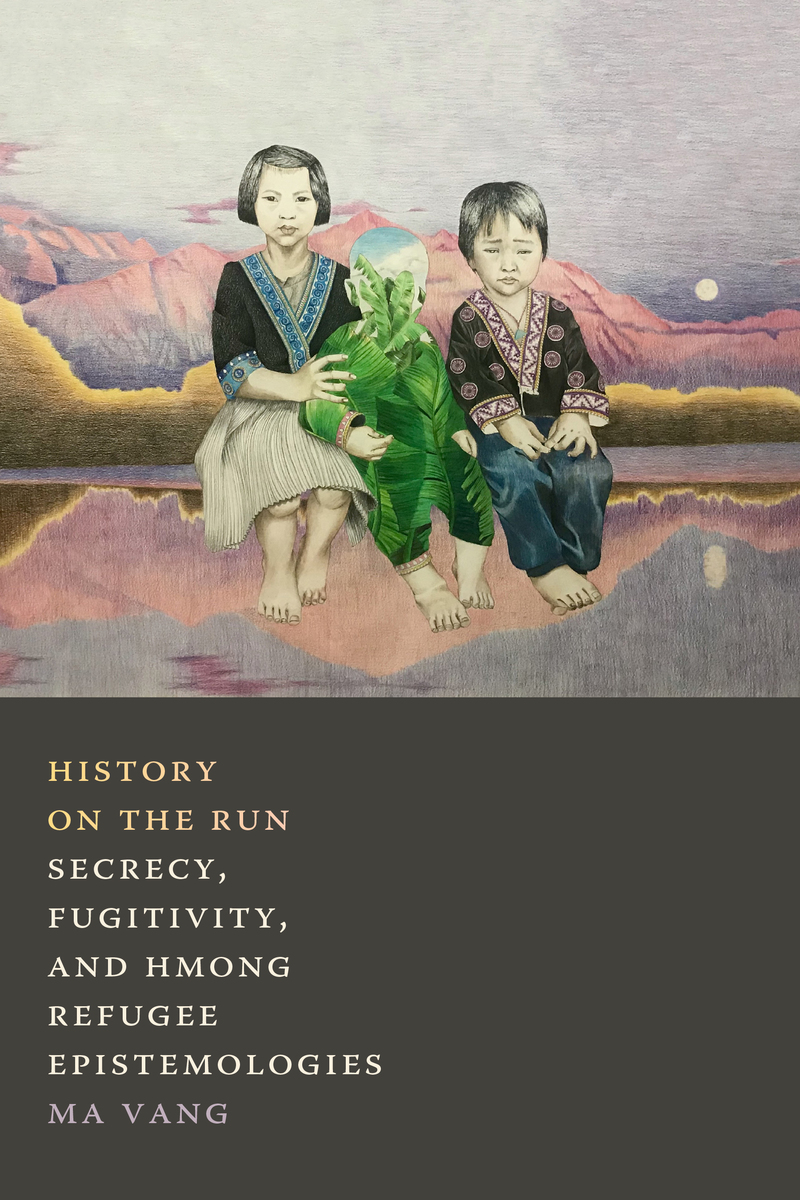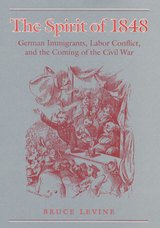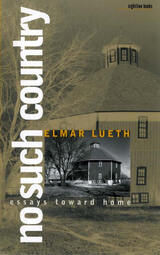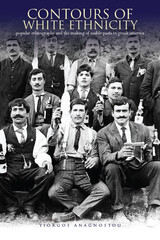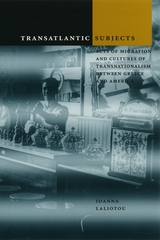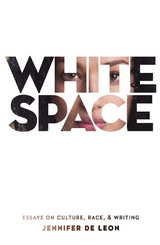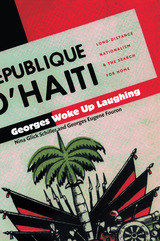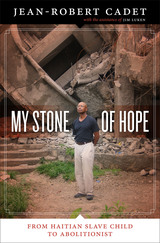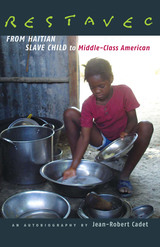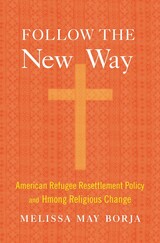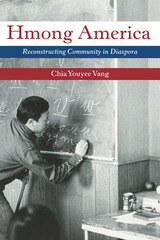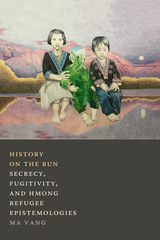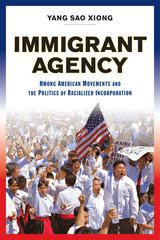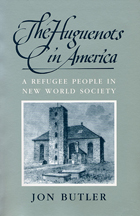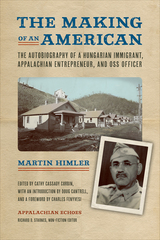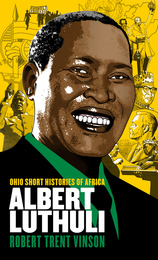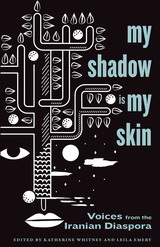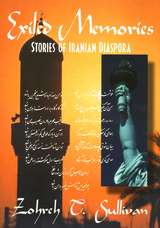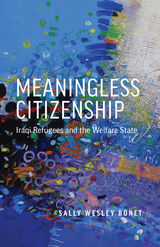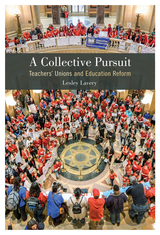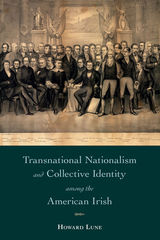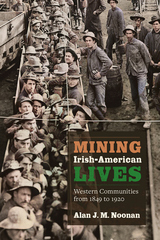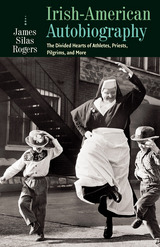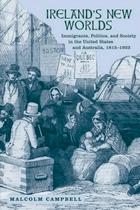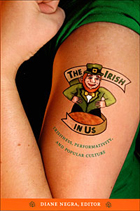History on the Run: Secrecy, Fugitivity, and Hmong Refugee Epistemologies
Duke University Press, 2021
Cloth: 978-1-4780-1027-2 | Paper: 978-1-4780-1131-6 | eISBN: 978-1-4780-1284-9
Library of Congress Classification E184.H55V364 2021
See other books on: Cultural assimilation | Hmong (Asian people) | Hmong Americans | Refugees | Secrecy
See other titles from Duke University Press
Cloth: 978-1-4780-1027-2 | Paper: 978-1-4780-1131-6 | eISBN: 978-1-4780-1284-9
Library of Congress Classification E184.H55V364 2021
ABOUT THIS BOOK | AUTHOR BIOGRAPHY | REVIEWS | TOC | REQUEST ACCESSIBLE FILE
ABOUT THIS BOOK
During its secret war in Laos (1961–1975), the United States recruited proxy soldiers among the Hmong people. Following the war, many of these Hmong soldiers migrated to the United States with refugee status. In History on the Run Ma Vang examines the experiences of Hmong refugees in the United States to theorize refugee histories and secrecy, in particular those of the Hmong. Vang conceptualizes these histories as fugitive histories, as they move and are carried by people who move. Charting the incomplete archives of the war made secret through redacted US state documents, ethnography, film, and literature, Vang shows how Hmong refugees tell their stories in ways that exist separately from narratives of U.S. empire and that cannot be traditionally archived. In so doing, Vang outlines a methodology for writing histories that foreground refugee epistemologies despite systematic attempts to silence those histories.
See other books on: Cultural assimilation | Hmong (Asian people) | Hmong Americans | Refugees | Secrecy
See other titles from Duke University Press
